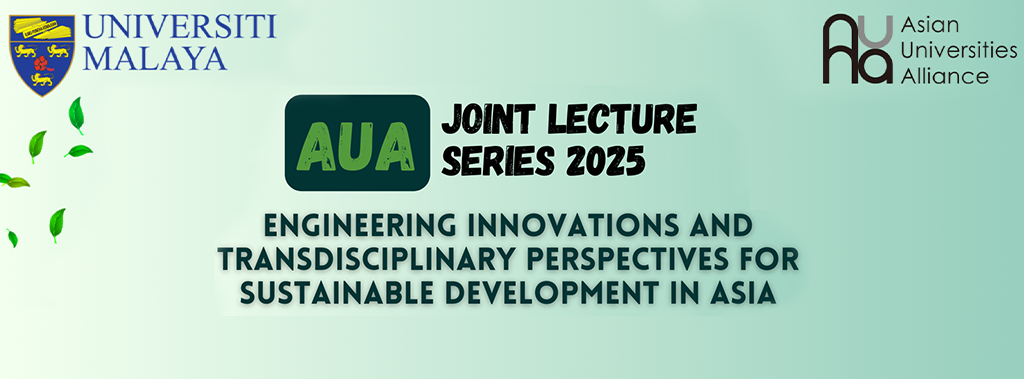Theme:
Economic Growth of China & Re-globalization
Professor:
Dr. HE Ping
Chair, Department of Finance
School of Economics & Management
Date: 18 November 2021 (Thurs)
Time: 19:00-20:30 (UTC+8)
Main Points:
· The global financial crises has revealed how unsustainable the old international monetary system is
· There is an increasing income gap between developed and developing countries, evidence of an unfair division of labour
· Entering the period of re-globalization, China is taking the lead
Summary:
Since the second world war, there have been four global industry transfers. The driving force of China’s economic growth mainly stems from demographic dividends, progress in technological and management from the supply side, government led investments (particularly in manufacturing, real-estate and infrastructure), and increasing consumption and demand from markets outside of China. The nation is determined to rise to the second or first tier of global manufacturing industry, primarily through the promotion of science and technology.
Covid-19 has not only accelerated the re-globalization process for China, but it has also exposed the problems of its old framework of globalization. Current challenges include the dominance and influence of western countries in the international monetary system, exploitation of developing countries, unequal distribution of value added along the supply chain, and increasing interdependence of the global economy. In addition, countries who only provide resources are typically not included in the conversation of the global division of labor. In the process of re-globalization, Professor He suggests the idea of reforming the international monetary system and restructuring the global division of labor and international trade (e.g. creating vertical integration through industry clustering).
On the road to post-pandemic economic development, China also faces challenges. On an external level are the limited capacity of western markets and the uncertainty of the trade war. Internally, are declining demographic dividends, rising labor costs, the weakening effect of government investments, the risk of high debt, speculative investment and low information production in the financial system. In order to overcome this, China has developed many internal and external strategies, and is focusing on reversing demographic trends, increasing the rate of labor force participation and improving labor productivity.
(written by Ms. Camilla Kong)
*The views and opinions expressed in this lecture series are those of the guest lecturers. They do not purport to reflect the opinions or views of the AUA or its members or its Secretariat.

